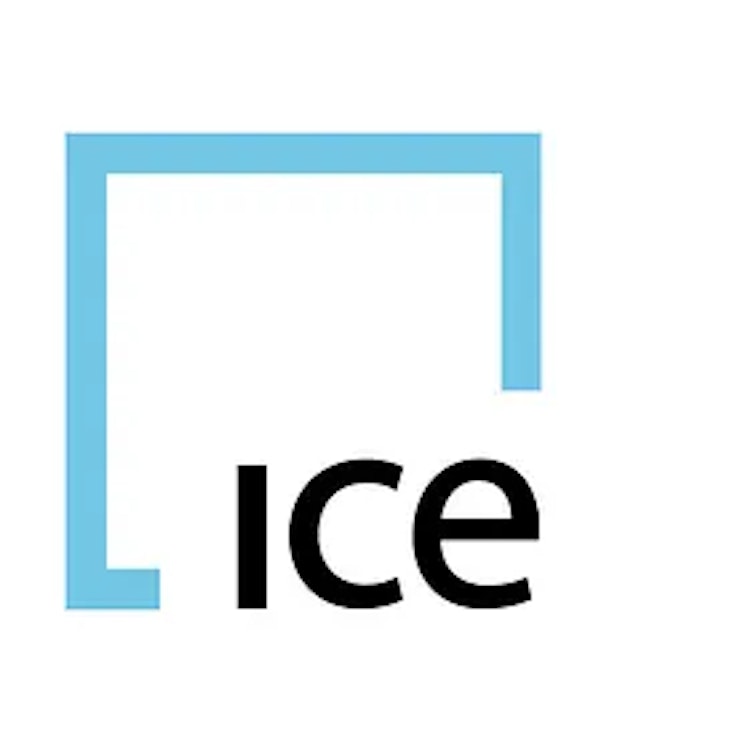Trending Assets
Top investors this month
Trending Assets
Top investors this month
Intercontinental Exchange: The Green Light

- “If you look around the table and you can’t tell who the sucker is, it’s you.” - Quiz Show
There’s a large amount of truth in that opening quote. But in finance, similar notions have been hyperbolized, making you think that every deal is full of sharks out for blood. The reality is, to get deals done, there are plenty of times when both parties walk away thinking they got a good deal but still left a bit on the table. In rarer instances, it can paradoxically appear that everyone is pulling the longer end of the stick.
Intercontinental Exchange acquiring Black Knight is one of those deals.
When announced in May of last year, there was immediate skepticism the deal would go through. The initial terms presented the cash and stock transaction valuing Black Knight at $85/share, with a total value of $13.1 billion. With the transaction price far above where shares traded to, it placed the odds of a successful close at basically a coin flip. Yet, on Friday, ICE and BKI announced entry into Agreement Containing Consent Orders (ACCO) with FTC’s Bureau of Competition. A successful close is slated for September 5th, 2023, with the terms of the deal modified distinctly:
- To satisfy the FTC, the agreement is permitted to move forward 10 days post entry into the ACCO, with the previously announced divestitures of BKI’s Optimal Blue and Empower, to be completed within 20 days thereafter.
- The amended Plan of Merger, as of March 7th, 2023, altered the full consideration to be received by Black Knight shareholders ($11.7 billion), with shareholders having a deadline of September 1, 2023 to elect the form of consideration they wish the receive: “equal to the sum, rounded to the nearest one tenth of a cent, of (x) $68.00 plus (y) the product, rounded to the nearest one tenth of a cent, of 0.0682 multiplied by the average of the volume weighted averages of the trading prices of ICE common stock on the New York Stock Exchange on each of the ten consecutive trading days ending on (and including) the trading day that is three trading days prior to the date on which the effective time of the acquisition occurs (the “Closing 10-Day Average ICE VWAP”); or a number of validly issued, fully paid and nonassessable shares of ICE common stock (the “Per Share Stock Consideration”) as is equal to the quotient, rounded to the nearest one ten thousandth, of (x) the Per Share Cash Consideration divided by (y) the Closing 10-Day Average ICE VWAP”
BKI shareholders are set to receive substantial compensation—a clear win. The purchaser of Optimal Blue and Empower, Constellation Software (TSE:CSU), is another beneficiary. The closing of the ICE + BKI deal is contingent on these divestments, making BKI and forced seller and allowing CSU to pick up these assets for attractive prices. While I don’t follow CSU closely, there has been continual skepticism that the company will continually be able to redeploy meaningful capital into acquisitions as it grows ever larger. These two deals, totaling over $1 billion, not only partly quash that skepticism but stand to make Constellation one of the largest participants in the mortgage origination software business in the United States.
As for ICE, the company avoids the lofty $725 million termination fee payable to BKI had the merger agreement been terminated. Without question, the loss of Empower and Optimal Blue mutes the dominant position the company would have found itself in. However, ICE is still in exceptional standing. To weigh the considerations, it’s worth revisiting some of the key points of the deal as well as ICE’s Mortgage Technology segment’s nascent history.
Read the update on Invariant:
invariant.substack.com
Intercontinental Exchange: The Green Light
The many winners of a mammoth acquisition.
Already have an account?